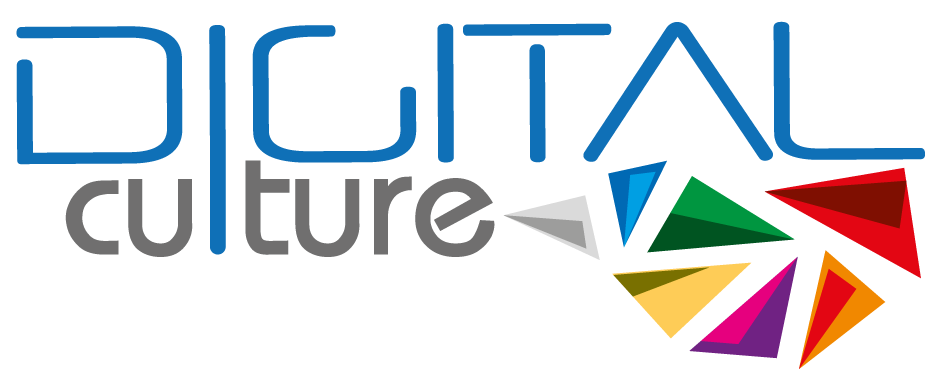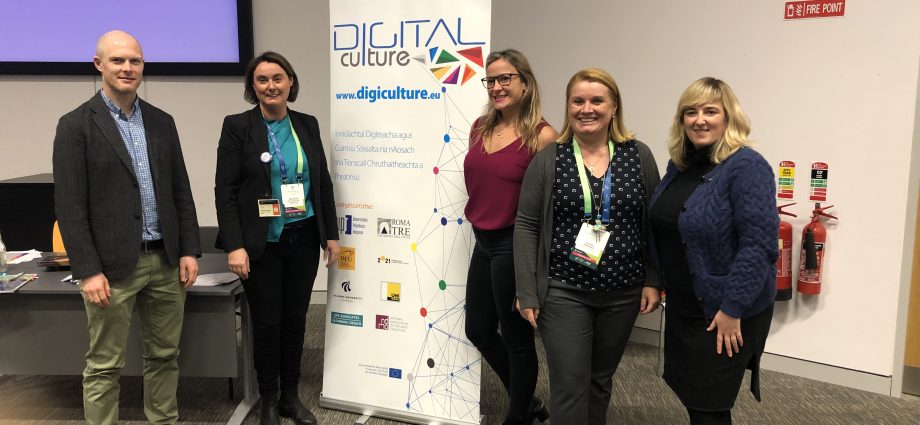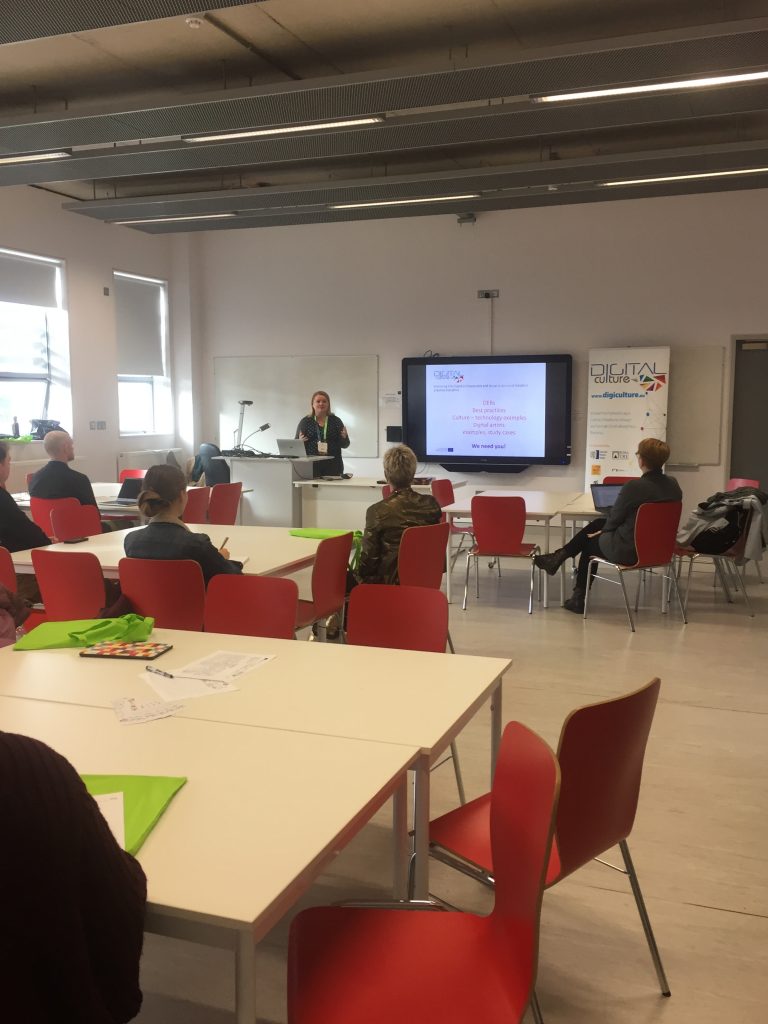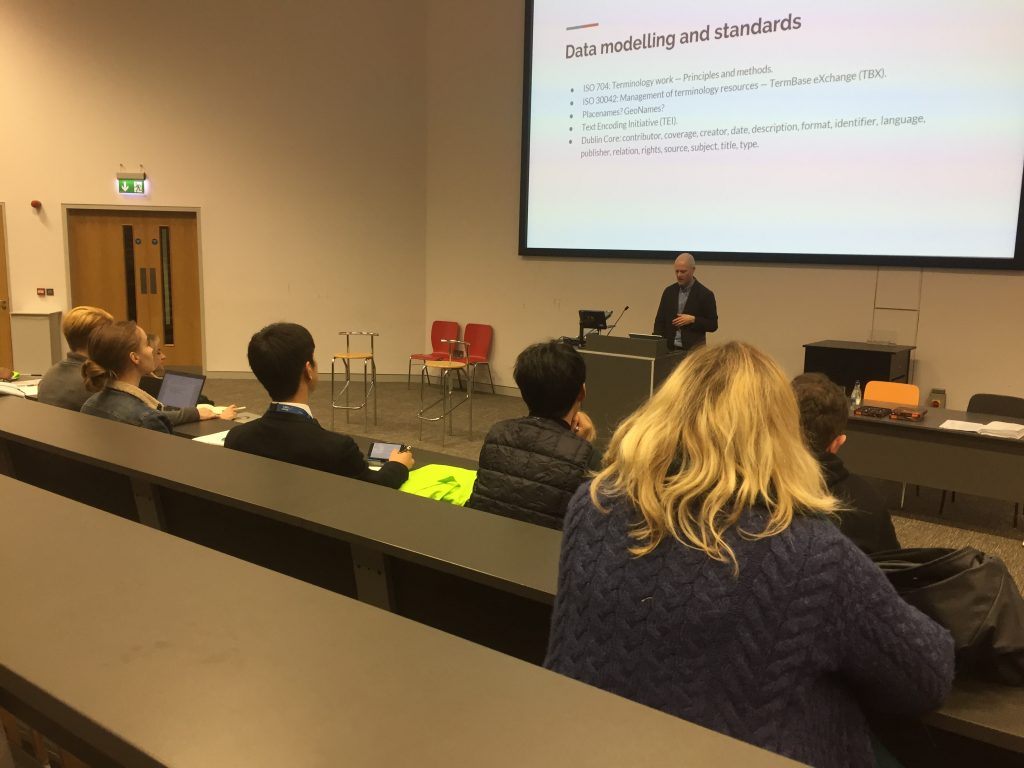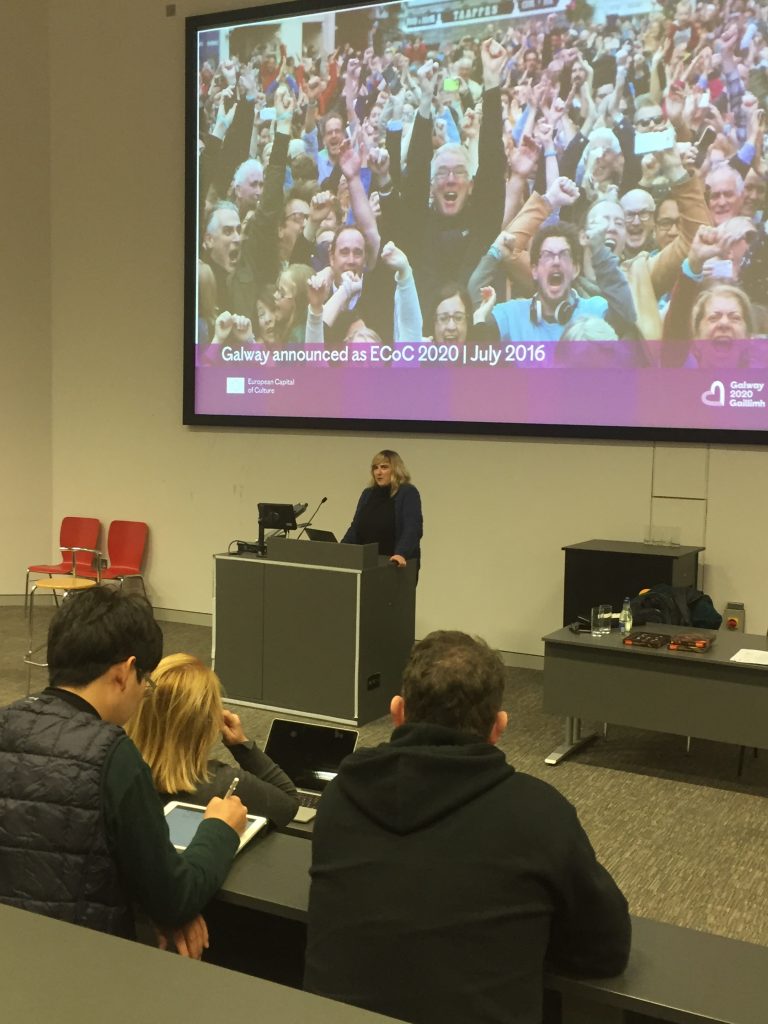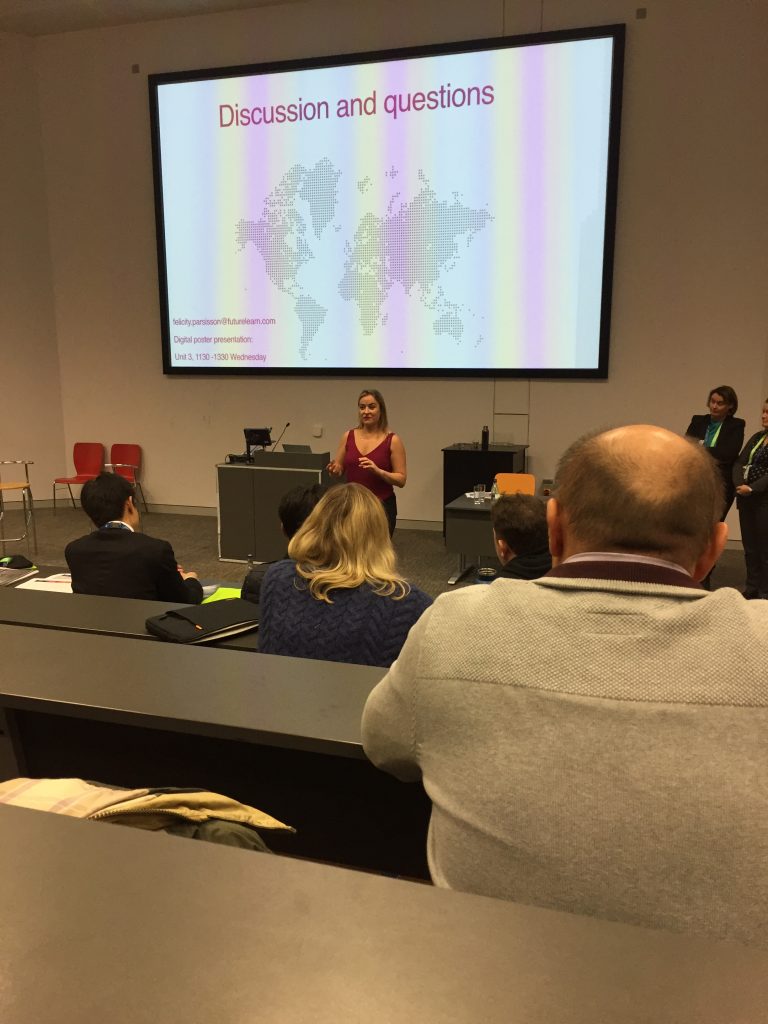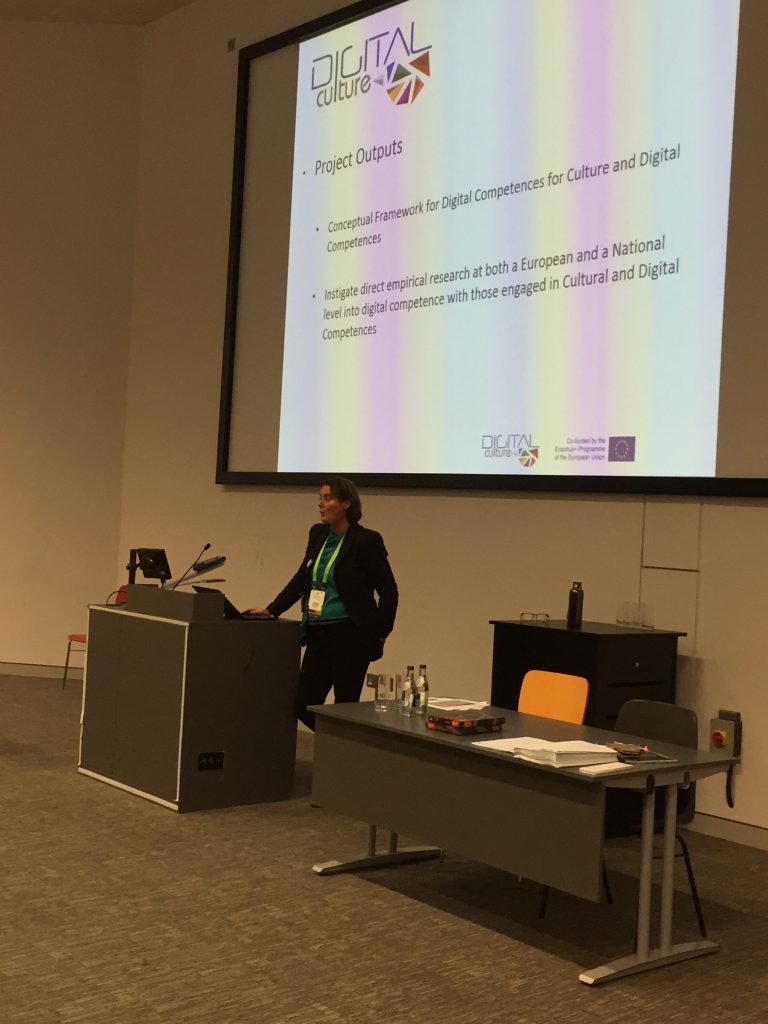The 28th ICDE World Conference on Online Learning, hosted by Dublin City University took place from 3rd – 7th November 2019 in Dublin, Ireland. This is one of the largest and most prestigious conferences in the field of online learning with the conference theme of “Transforming Lives and Societies” inspiring delegates to confront many of the contemporary problems and opportunities facing today’s educators in the globally connected digital-era.
In addition to the keynotes, breakout sessions, and cultural performances afforded to participants during the week, a pre-conference symposium was organised on Sunday 3rd November offering participants a wide range of interactive workshops to engage with. It was during this pre-conference symposium that the workshop, Improving the Digital Competences and Social Inclusion of Adults in Creative Industries, was held as part of the DigiCulture Erasmus+ project (2018-1-RO01-KA204-049368). The workshop was facilitated by project coordinators from Dublin City University and partners from the Universitatea Politehnica Timisoara also contributed to activities on the day. This workshop brought together 35 cultural and creative stakeholders, to learn from one another, and to examine the development of digital competencies in the field. Participants heard from representatives of Galway 2020, European Capital of Culture and the Digital Humanities projects in Dublin City University, two exemplar digital initiatives from the cultural sector in Ireland. A representative from FutureLearn, one the World’s leading MOOC platforms, also facilitated an interactive MOOC design session that not only encouraged participants to consider the practical uses of MOOCs for disseminating their work in the digital space but also began developing their skills in online course design and content curation. Each session encouraged participants to reflect upon their own personal and professional digital competency requirements and an evaluation of the DigiCulture syllabus.
The workshop concluded with a group discussion in which participants could voice their own digital competency needs and those of their organisations. This discussion contributed to the evaluation of the syllabus for a Massive Open Online Course (MOOC) on digital skills for Creative Industries (CI).
